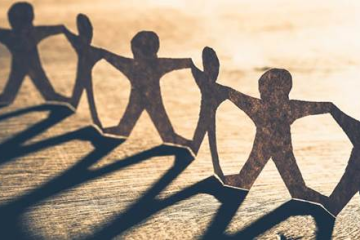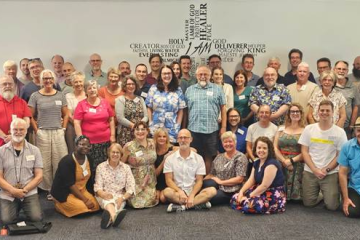Upon returning from Nicaragua, I chanced by the newly released Quarterly Essay entitled, ‘Moment of Truth: History of Australia’s Future’ by Mark McKenna. I couldn’t put it down; in fact, I wept, so powerful was the story painted of the struggle of the indigenous community of our nation. In one chapter, McKenna quotes the philosopher Raimond Gaita who reflected that “citizenship governed by the rule of law is a great good, but it runs deeper when nourished by love of country”. And he explained that love of country must be reflective and critical, truly honest and informed. That we be open to the violent dispossession of Indigenous Australians, that we be committed to the steady emergence of a society built on equality, democracy and freedom and engage in an honest reckoning of our past, to allow the “ancient sovereignty of Indigenous Australia … shine through as a fuller expression of Australia’s nationhood”. Put simply, love of country means we cannot continue to ignore the painful past and the continued brutality of Australia’s white foundation.
This January, the Uniting Church and many other churches across the country are being asked to hold worship services that reflect on the effect of colonization on Australia’s First Peoples. In the spirit of solidarity, they are calling for a declaration that the Sunday before Australia Day be called a Day of Mourning.
This Day is not new. One of the first voices which challenged us and our ‘Australia Day’ was Sir Doug Nicholls, an Aboriginal Pastor within the Churches of Christ. In 1937 it was written in The Argus: “Plans for observance of a day of mourning … were announced by the Australian Aborigines League … Mr Doug Nichols (Aboriginal Pastor) said Aborigines were not satisfied to be kept alive by a weekly issue of rations: ‘We do not want chicken food. We are not chickens; we are eagles”. The following year, on the 150th anniversary of British colonization, one of the first civil rights marches took place in Sydney. Doug Nicholls was one of the speakers: “We, representing the Aborigines of Australia assemble on the anniversary of the seizure of our country, protest against the callous treatment of our people … we are the skeleton in the cupboard of Australia’s national life”.
The celebration of Australia Day is a day misguided. How can we in all seriousness continue to celebrate a day that marks the beginning of conquest and brutality? While there is little political will to change the day, it must be done if we are serious about being a nation that holds the ideals as suggested by Gaita. One of the claimed problems in seeking a change of date is the difficulty in finding a suitable day. Dawn Waterhouse has a lovely suggestion: Wattle Day. The first day of September. Our national floral emblem that celebrates our land, is diverse and resilient. Beautiful! Until then, let’s keep fighting for a change, and keep listening to Indigenous Australians as they tell their histories in the spirit of Makarrata – ‘healing and coming together after a struggle’. Until then, let’s Mourn! Salud


